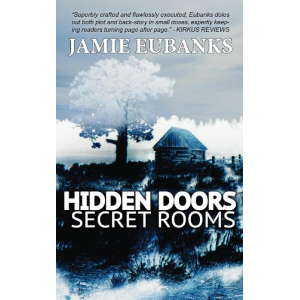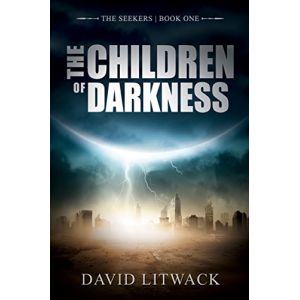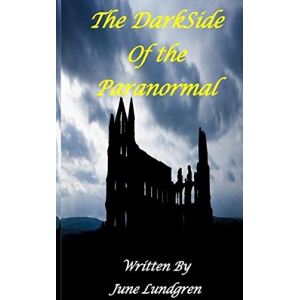- Author
- Book
- Story behind the book
- Media Links
- Reviews
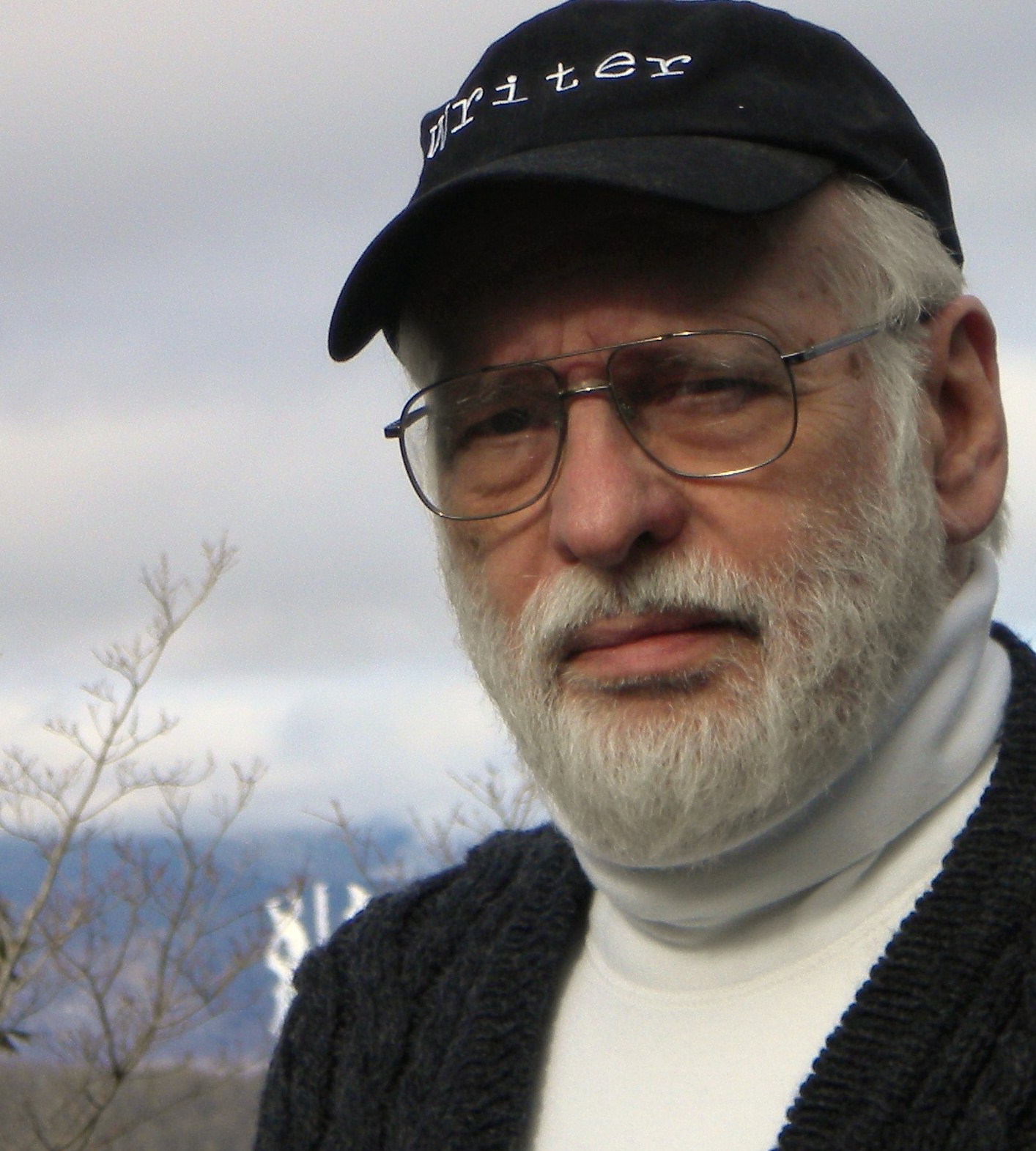
John Brinling
About
I have been writing all of my life. I wrote my first novel when I was sixteen. “Black Dawn.” It dealt with segregation and the KKK. Whatever happened to it I don’t know.
Since then, earning a living has preempted long periods of my life when I wrote very little. My wife and I are both in data processing (IT nowadays) and we usually work long hours when we are on a contract, which meant I spent little time writing fiction when gainfully employed. The birth of my daughter offered me another excuse for not writing, but that’s what it was: an excuse. Writing is hard. But it’s in my DNA and I keep returning to it, despite some part of me that prefers the lazy life. However, not writing is unthinkable, and I am constantly exploring ideas even when I’m not committing them to paper.
I lived and worked in Europe for seven years. I met my wife In Italy where we both worked for the same company, and were married in 1975. The contract we were working on ended that year and we took two years off to live in England, in a 300 year old farmhouse in Wiltshire. It was in that farmhouse that I wrote “The Ghost Of A Flea,” as well as another book titled “Quarantine,” which is a science fiction thriller.
“The Ghost” has a strong autobiographical component. I was a programmer/analyst. The office ambience in the novel is similar to life in my New York office, although the intrigues were of an entirely different nature. I had a good friend who lived in Sparta. I lived for a time near the George Washington Bridge. The building manager was an Irishman, who became a good friend, and an integral character in the book.
“Quarantine” is set in East Africa, where my wife and I vacationed, and I drew liberally on what we read, saw, and experienced.
I had an agent back then who marketed both books, and came very close to selling them to both Doubleday and St. Martins. Unfortunately he died before completing the sale and I put the books on a shelf and forgot about them for 35 years. Only this year did I resurrect them and publish them on Amazon’s Kindle and Smashwords.
In 1977, my wife and I returned to the states and founded our IT consulting firm, Brinling Associates. For the next fifteen years we worked hard building our business. I wrote one novel during that time, a book titled “Alone,” which dealt with a man in an irreversible coma who is aware of what is happening around him, but is unable to communicate with the real world. Unfortunately, most of that book is lost.
In 1990, during a down period in our business activities, I wrote several other novels which I am attempting to bring out of retirement. These novels were also put on the shelf when circumstances re-ignited our business opportunities. One book – “The Watcher,” a horror thriller – is already self-published. The other is a much larger work, a rural mystery series, that I’m still working on.
As you can see, writing books is one thing, marketing quite another. I am perhaps the world’s worst marketer, which helps explain why my writings have spent most of their lives on a shelf in my home in Vermont staring out at me asking “Why?”
For the past few years I have been writing screenplays, which are more bite-sized writing efforts. I have done fairly well in some contests, but am still waiting to be discovered. The small royalty check I earned from Amazon this quarter is the only money I’ve ever earned from my fiction writing.
My writing is pure escapism. When I sit down to write, I embark on an adventure. I let things happen and I let the characters be who they are. Since I strongly avoid outlines, I am as surprised by events as I hope the reader is. Pulling together loose ends is a subject for revision, which I do endlessly. This undoubtedly makes for more work and takes me longer to “finish” something, but it seems to be the best, the only, way for me. It is the candy bar just out of reach that keeps me at the keyboard.
My background illustrates my chaotic approach to life. I have been at different stages a pharmacist, a pharmacologist, a tech writer, a programmer/analyst, a business consultant, a business owner, a teacher, a novelist and a screenwriter. At one time I thought it perfectly acceptable, if not desirable, to change jobs/professions every year or so. I didn’t worry about the future, assuming I would always find a way to muddle through.
I’m still muddling through.
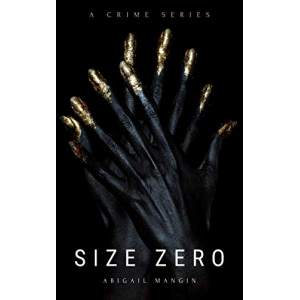
Size Zero (Visage Book 1)
Description
<p style="margin:0px 0px 14px;padding:0px;font-family:Arial, sans-serif;font-size:14px;"><strong>"A somber, disturbing mystery fused with a scathing look at the fashion industry. </strong><strong>Mangin writes in a confident, razor-edged style."</strong><strong> - Kirkus Reviews</strong></p><p style="margin:-4px 0px 14px;padding:0px;font-family:Arial, sans-serif;font-size:14px;"><strong>Condom dresses and space helmets have debuted on fashion runways.</strong></p><p style="margin:-4px 0px 14px;padding:0px;font-family:Arial, sans-serif;font-size:14px;">A dead body becomes the trend when a coat made of human skin saunters down fashion's biggest stage. The body is identified as Annabelle Leigh, the teenager who famously disappeared over a decade ago from her boyfriend's New York City mansion.</p><p style="margin:-4px 0px 14px;padding:0px;font-family:Arial, sans-serif;font-size:14px;">This new evidence casts suspicion back on the former boyfriend, Cecil LeClaire. Now a monk, he is forced to return to his dark and absurd childhood home to clear his name. He teams up with Ava Germaine, a renegade ex-model. And together, they investigate the depraved and lawless modeling industry behind Cecil's family fortune.</p><p style="margin:-4px 0px 14px;padding:0px;font-family:Arial, sans-serif;font-size:14px;">They find erotic canes, pet rats living in crystal castles, and dresses made of crushed butterfly wings. But Cecil finds more truth in the luxury goods than in the people themselves. Everyone he meets seems to be wearing a person-suit. Terrified of showing their true selves, the glitterati put on flamboyant public personas to make money and friends. Can Cecil find truth in a world built on lies?</p><p style="margin:-4px 0px 0px;padding:0px;font-family:Arial, sans-serif;font-size:14px;"><strong>In high fashion modeling, selling bodies is organized crime.</strong></p>


